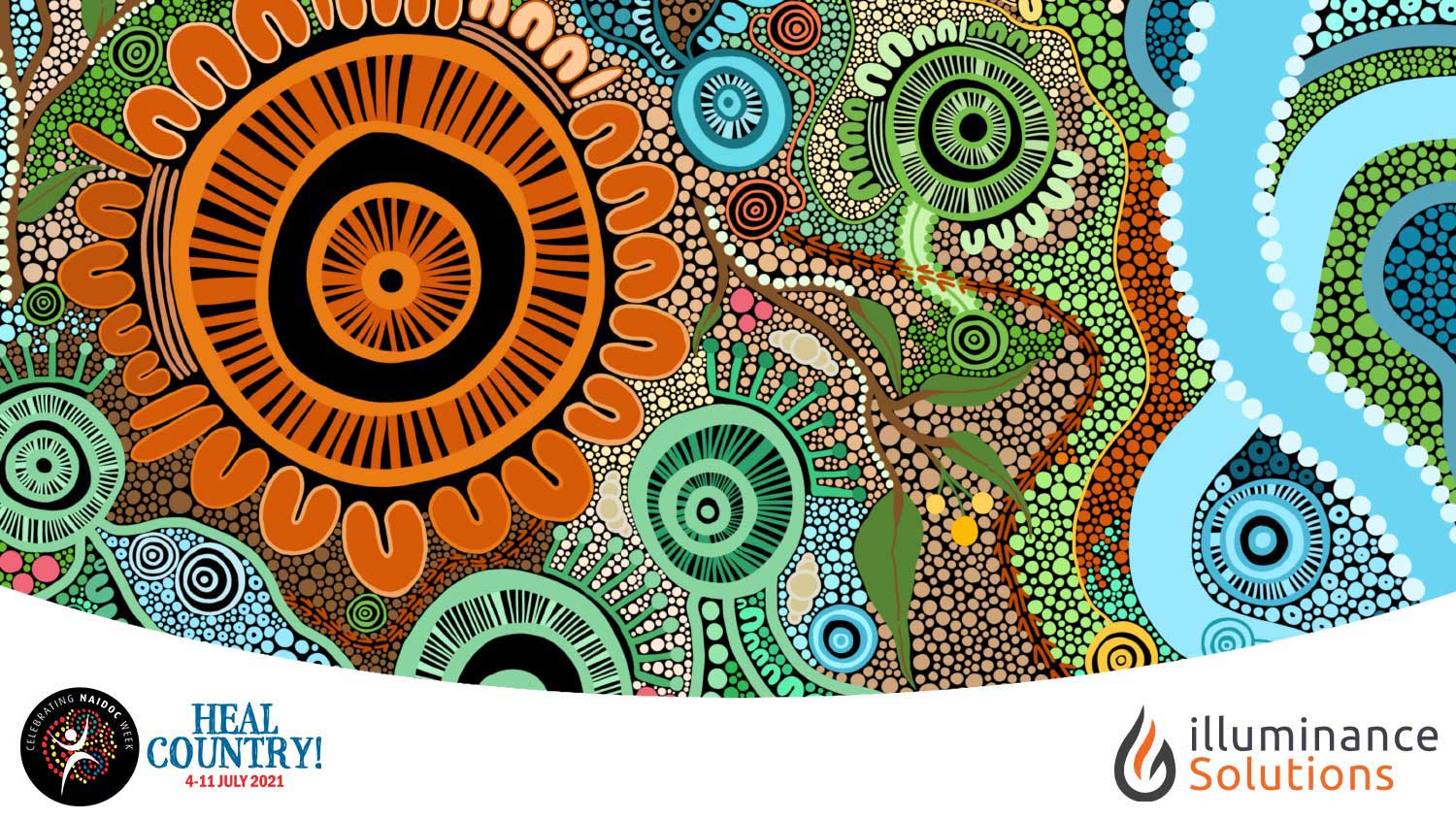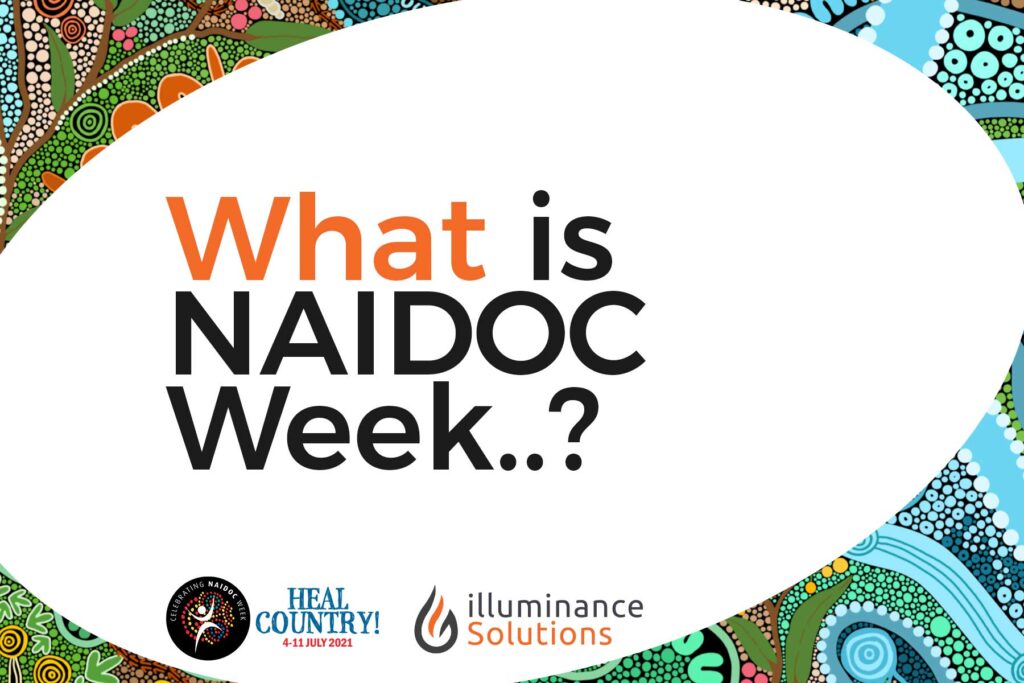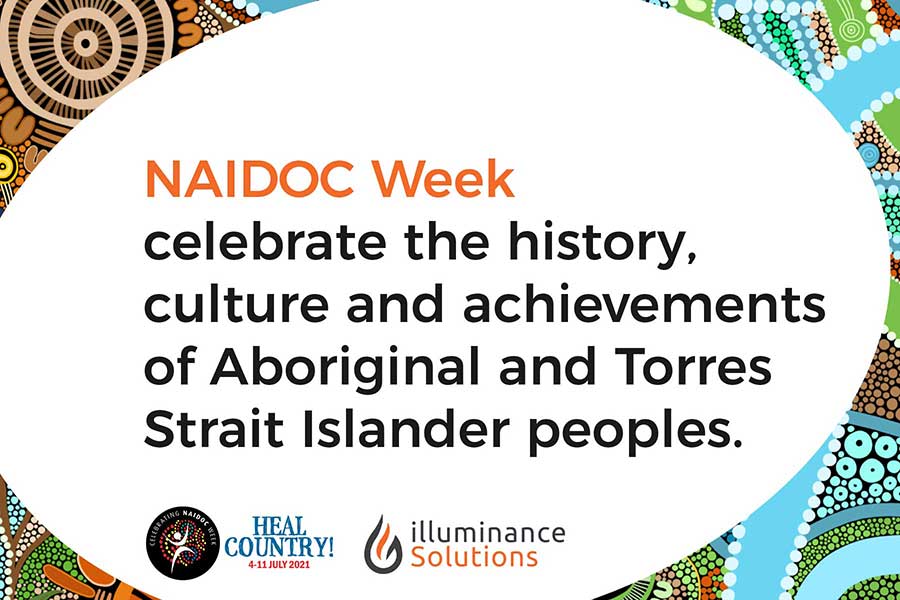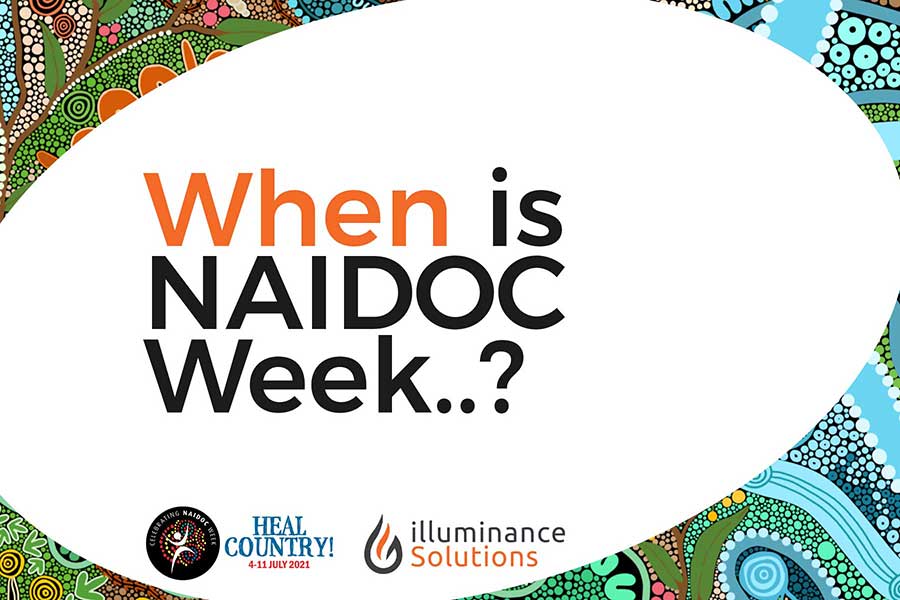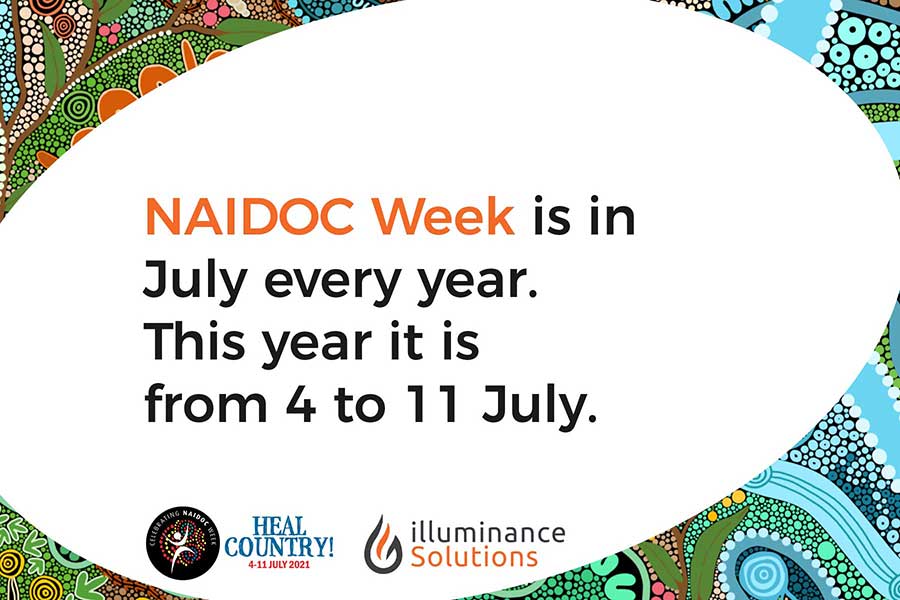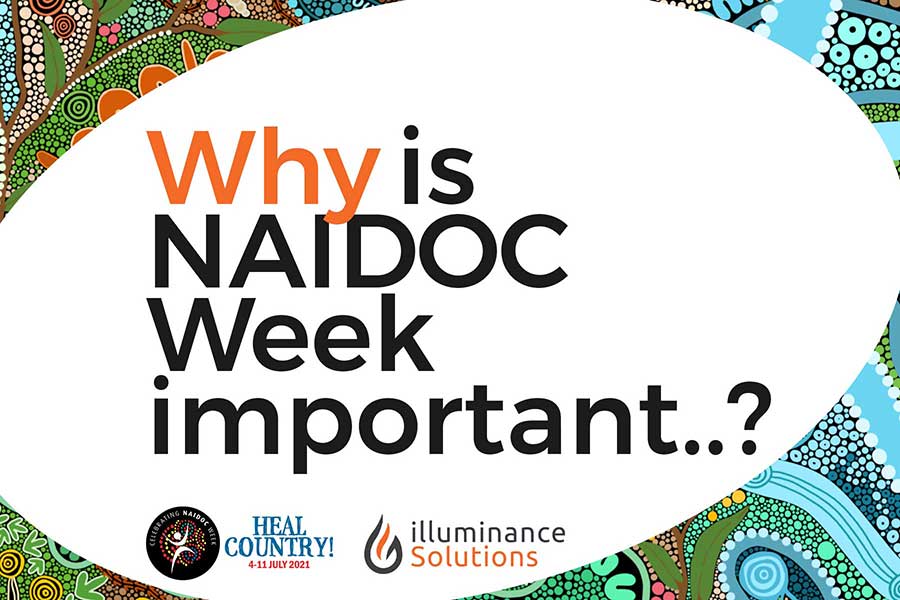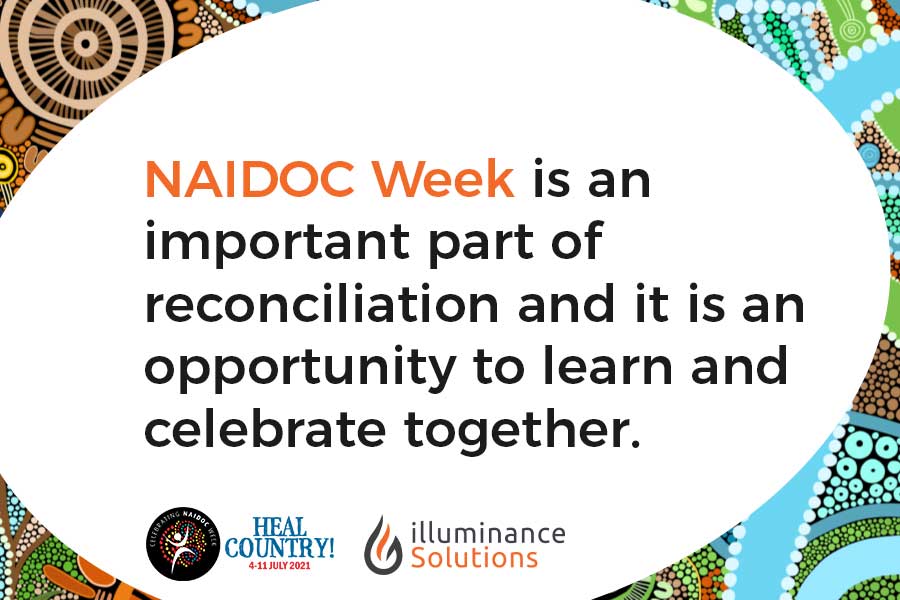Heal Country!
NAIDOC Week is an Australian observance lasting from the first Sunday in July until the following Sunday. The acronym NAIDOC stands for National Aborigines and Islanders Day Observance Committee. It has its roots in the 1938 Day of Mourning, becoming a week-long event in 1975.
The NAIDOC 2021 theme – Heal Country! – calls for all of us to continue to seek greater protections for our lands, our waters, our sacred sites and our cultural heritage from exploitation, desecration, and destruction.
NAIDOC 2021 invites the nation to embrace First Nations’ cultural knowledge and understanding of Country as part of Australia’s national heritage and equally respect the culture and values of Aboriginal peoples and Torres Strait Islanders as they do the cultures and values of all Australians.
For generations we have been calling for stronger measures to recognise, protect, and maintain all aspects of our culture and heritage.
We are still waiting for those robust protections.
This year’s theme also seeks substantive institutional, structural, and collaborative reform – something generations of our Elders and communities have been advocating, marching and fighting for.
Healing Country means finally resolving many of the outstanding injustices which impact on the lives of our people.
It is about hearing and actioning the aspirations of Aboriginal and Torres Strait Islander peoples which are the culmination of generations of consultation and discussions among our nations on a range of issues and grievances.
After 250 years, our children and our future generations deserve better.
We cannot afford to let pass the very real opportunity that now presents itself for reform based on a fundamental change in the relationship Australia has with Aboriginal and Torres Strait Islander peoples.
Heal Country, heal our nation.
Nationwide Celebration
NAIDOC originally stood for ‘National Aborigines and Islanders Day Observance Committee’. This committee was once responsible for organising national activities during NAIDOC Week and its acronym has since become the name of the week itself. Find out more about the origins and history of NAIDOC Week.
Each year, there is a different focus city for the National NAIDOC Awards Ceremony. The focus city, National NAIDOC Poster Competition and the NAIDOC Awards recipients are selected by the National NAIDOC Committee.
Local community celebrations during NAIDOC Week are encouraged and often organised by communities, government agencies, local councils, schools and workplaces.
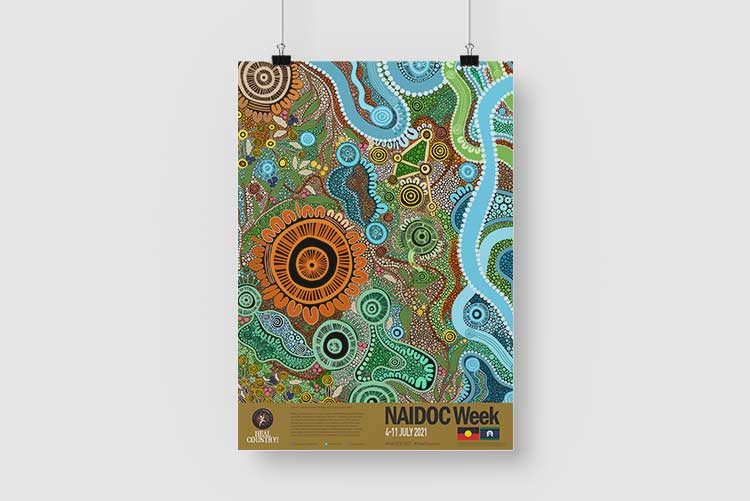
The 2021 National NAIDOC Poster, ‘Care for Country’ was designed by Gubbi Gubbi artist Maggie-Jean Douglas. Using the 2021 NAIDOC Week theme, Heal Country!, as inspiration; ‘Care for Country’ is a bright and vibrant artwork which explores how Country has cared for and healed First Nations people spiritually, physically, emotionally, socially and culturally. The artwork includes communities, people, animals and bush medicines spread over different landscapes of red dirt, green grass, bush land and coastal areas to tell the story of the many ways Country can and has healed us throughout our lives and journeys.
NAIDOC History
Several organisations emerged to fill this role, particularly the Australian Aborigines Progressive Association (AAPA) in 1924 and the Australian Aborigines League (AAL) in 1932. Their efforts were largely overlooked, and due to police harassment, the AAPA abandoned their work in 1927.
In 1935, William Cooper, founder of the AAL, drafted a petition to send to King George V, asking for special Aboriginal electorates in Federal Parliament. The Australian Government believed that the petition fell outside its constitutional responsibilities.[/icon_timeline_item][icon_timeline_item time_title=”1938″]On Australia Day, 1938, protestors marched through the streets of Sydney, followed by a congress attended by over a thousand people. One of the first major civil rights gatherings in the world, it was known as the Day of Mourning.
Following the congress, a deputation led by William Cooper presented Prime Minister Joseph Lyons with a proposed national policy for Aboriginal people. This was again rejected because the Government did not hold constitutional powers in relation to Aboriginal people.
After the Day of Mourning, there was a growing feeling that it should be a regular event. In 1939 William Cooper wrote to the National Missionary Council of Australia to seek their assistance in supporting and promoting an annual event.[/icon_timeline_item][icon_timeline_item time_title=”1940 – 1955″]From 1940 until 1955, the Day of Mourning was held annually on the Sunday before Australia Day and was known as Aborigines Day. In 1955 Aborigines Day was shifted to the first Sunday in July after it was decided the day should become not simply a protest day but also a celebration of Aboriginal culture.[/icon_timeline_item][icon_timeline_item time_title=”1956 – 1990″]Major Aboriginal organisations, state and federal governments, and a number of church groups all supported the formation of, the National Aborigines Day Observance Committee (NADOC). At the same time, the second Sunday in July became a day of remembrance for Aboriginal people and their heritage.
In 1972, the Department of Aboriginal Affairs was formed, as a major outcome of the 1967 referendum.
In 1974, the NADOC committee was composed entirely of Aboriginal members for the first time. The following year, it was decided that the event should cover a week, from the first to second Sunday in July.
In 1984, NADOC asked that National Aborigines Day be made a national public holiday, to help celebrate and recognise the rich cultural history that makes Australia unique. While this has not happened, other groups have echoed the call.[/icon_timeline_item][icon_timeline_item time_title=”1991 – Present”]With a growing awareness of the distinct cultural histories of Aboriginal and Torres Strait Islander peoples, NADOC was expanded to recognise Torres Strait Islander people and culture. The committee then became known as the National Aborigines and Islanders Day Observance Committee (NAIDOC). This new name has become the title for the whole week, not just the day. Each year, a theme is chosen to reflect the important issues and events for NAIDOC Week.
During the mid-1990s, the Aboriginal and Torres Strait Islander Commission (ATSIC) took over the management of NAIDOC until ATSIC was disbanded on 15 April 2004.
Over the period from 2004 to 2005 there were interim arrangements, with former Senator Aden Ridgeway chairing the Committee until 2008.
Anne Martin and Ben Mitchell served as co-chairs of the National NAIDOC Committee from 2008 to 2018, when Patricia Thompson and John Paul Janke were elected the Co-Chairs.
The National NAIDOC Committee has made key decisions on national celebrations each year and has representatives from most Australian states and territories.[/icon_timeline_item][/icon_timeline]
Aboriginal Trust Management System
illuminance Solutions is experienced in working directly with Indigenous organisations to design and implement customer relationship management systems including cloud-based platforms to facilitate key processes and procedures, comprising member record maintenance and management, claims management, procedural systems, accounting and reporting facilities.
Acquiring that industry knowledge, we have developed a unique solution which addresses the operation challenges faced by the industry. Our solution Aboriginal Trust Management System (ATMS) converts paper and excel based member records and fund applications to digital records using a system that is easy to implement and use. Many Indigenous Trusts and Corporations are responsible for distribution and investment of funds derived from native title claims and entitlements. This is an important and significant role, and with ATMS they are enabled and empowered to manage these funds independently.
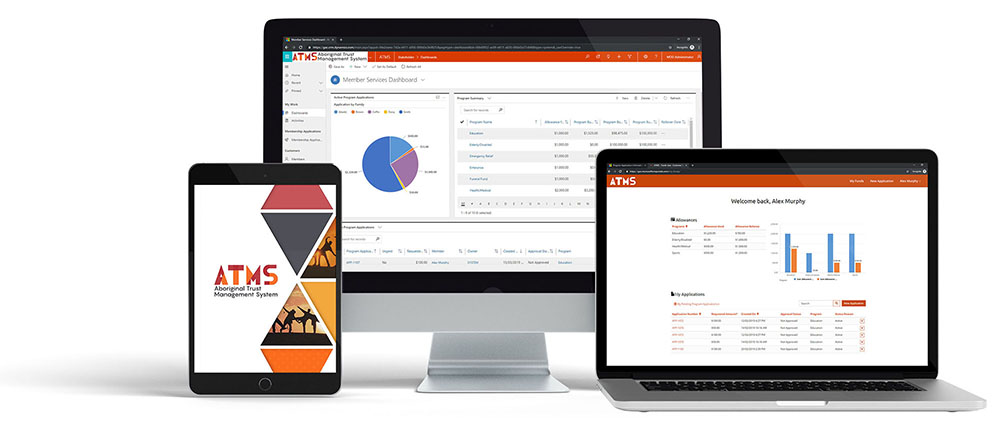
ATMS has provided the following benefits to its current clients and users:
- Self-reliance in providing services to members;
- Trust in tracking required information without the need for excessive levels of technical or financial knowledge;
- Confidence in accurate and current information on fund distribution and the organisation’s financial position to provide services;
- Clear allocation of roles and associated responsibilities. The correct person is assigned to a job and held accountable;
- Total transparency into the operational aspects of the organisation at all times.
ATMS is built on modern and powerful Microsoft Dynamics 365 cloud-based platforms, that combine components of Customer Relationship Management (CRM) and Enterprise Resource Planning (ERP). ATMS has been tailored to improve productivity, recording and communication and is able to integrate with other Microsoft cloud-based solutions for a holistic solution.
Free Digital Literacy Training
illuminance is also focused on and dedicated to bridging the digital literacy gap in our Indigenous communities.
As technology is advancing at a rapid pace, some groups in our community are being left behind. A digital divide is emerging, which makes equal treatment and opportunity even more challenging to achieve. We do our best every day to reduce the digital divide through collaboration with relevant organisations and universities to create, conduct and facilitate various tailored training programs.
Last year we travelled to Broome to conduct a free Microsoft Office 365 training to the Indigenous community at The University of Notre Dame’s campus in Broome. The tailored training program taught the basics of Microsoft Office tools including Word, Outlook, PowerPoint and Excel, in addition to use of online services, general search engine, research basics and an introduction to cyber security. The training session rolled out at the University’s Broome Campus in February 2020 and was taught by illuminance Solutions’ staff on site. It was open to the wider community and not just students enrolled at the university.
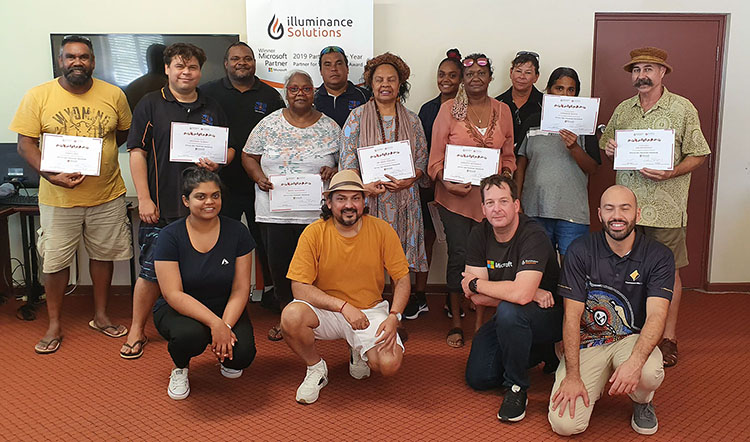
Sources: NAIDOC.org.au Wikipedia
Want to know more?
If you are interested in knowing more, click the ‘Contact Us’ button to get in touch. Or call us on 1300 590 128.


